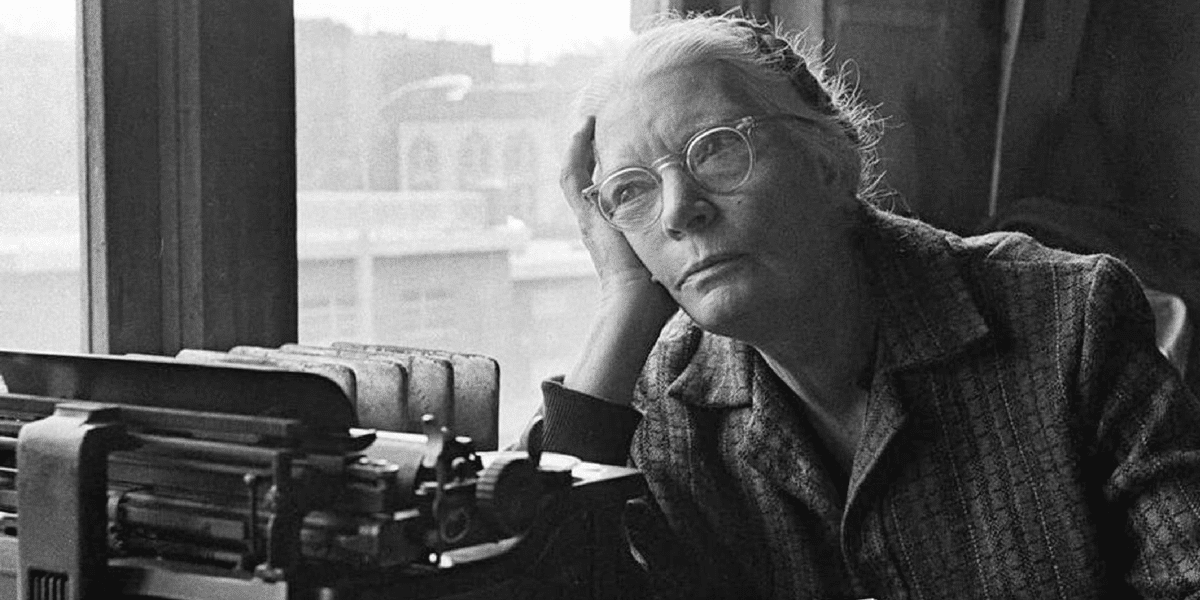
Politics: Week 1
Creative Political Tension
Tuesday, July 10, 2018
I see our species’ collective shadow on full display today in the United States, exposing intolerance and bigotry at deep levels. Under the guise of avoiding political correctness, truth-telling has been twisted into fear-mongering and scapegoating. When humans cannot face and embrace the insecurities inside themselves, they project these fears outwardly, hating others instead of changing themselves.
People have good reasons to be angry and afraid today. Poverty, racism, climate change, and so many other injustices are causing real suffering for much of the world. Unfortunately, dualistic and oppositional energies cannot bring the change we so desperately need; we cannot fight angry power with more angry power. Only the contemplative mind has the ability to hold the reality of what is and the possibility of what could be. Unless our hearts are transformed, our fears will continue to manipulate our politics, reinforcing a polarized and divided society.
Quaker activist and teacher Parker Palmer has a hopeful, but not Pollyannaish, view. He writes:
Human beings have a well-demonstrated capacity to hold the tension of differences in ways that lead to creative outcomes and advances. It is not an impossible dream to believe we can apply that capacity to politics. In fact, our capacity for creative tension-holding is what made the American experiment possible in the first place. . . . America’s founders—despite the bigotry that limited their conception of who “We the People” were—had the genius to establish [a] form of government in which differences, conflict, and tension were understood not as the enemies of a good social order but as the engines of a better social order.
As “We the People” retreat from the public square and resort to private gripe sessions with those who think like us, we create a vacuum at the center of America’s public life. Politics abhors a vacuum as much as nature does, so nondemocratic powers rush in to fill the void—especially the power called “big money.” . . .
When the Supreme Court gave big money even more power [in the 2010 Citizens United decision], it made many Americans feel even more strongly that their small voices do not count. . . . Wrongly held, our knowledge of the power wielded by big money can accelerate our retreat from politics, discouraging us from being the participants that democracy demands and reducing us to mere spectators of a political game being played exclusively by “them.” [1]
Palmer quotes Bill Moyers: “The antidote, the only antidote, to the power of organized money in Washington is the power of organized people.” [2]
We must bring as much passion to our cause as do those who call for building walls. But our job is to tear down walls and build bridges. We have the capacity to grow beyond ego and nationalism into a new identity, one that holds space for everyone to belong and be loved. I still have hope that human consciousness can and will evolve—but apparently we have not suffered enough yet to realize our need for such evolution.
References:
[1] Parker J. Palmer, Healing the Heart of Democracy: The Courage to Create a Politics Worthy of the Human Spirit (Jossey-Bass: 2014, ©2011), xx-xxi.
[2] Bill Moyers, “Democracy Only Works When Ordinary People Claim It as Their Own,” Keynote address for the National Conference for Media Reform (June 7, 2008). Transcript available from Democracy NOW! at https://www.democracynow.org/2008/6/9/moyers.
Adapted from Richard Rohr, unpublished letter, 2016.

